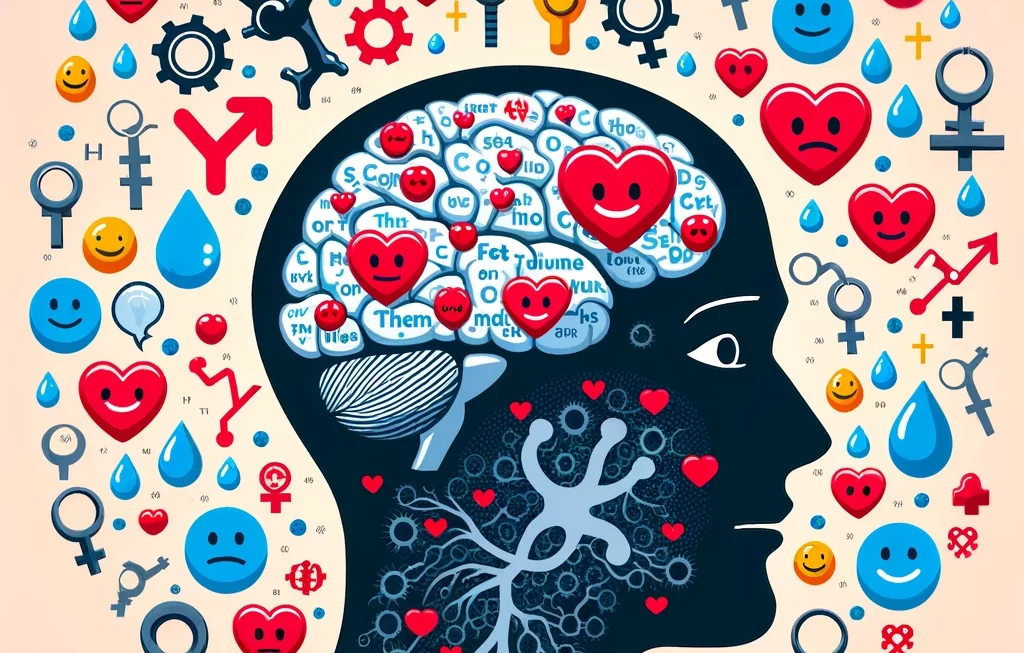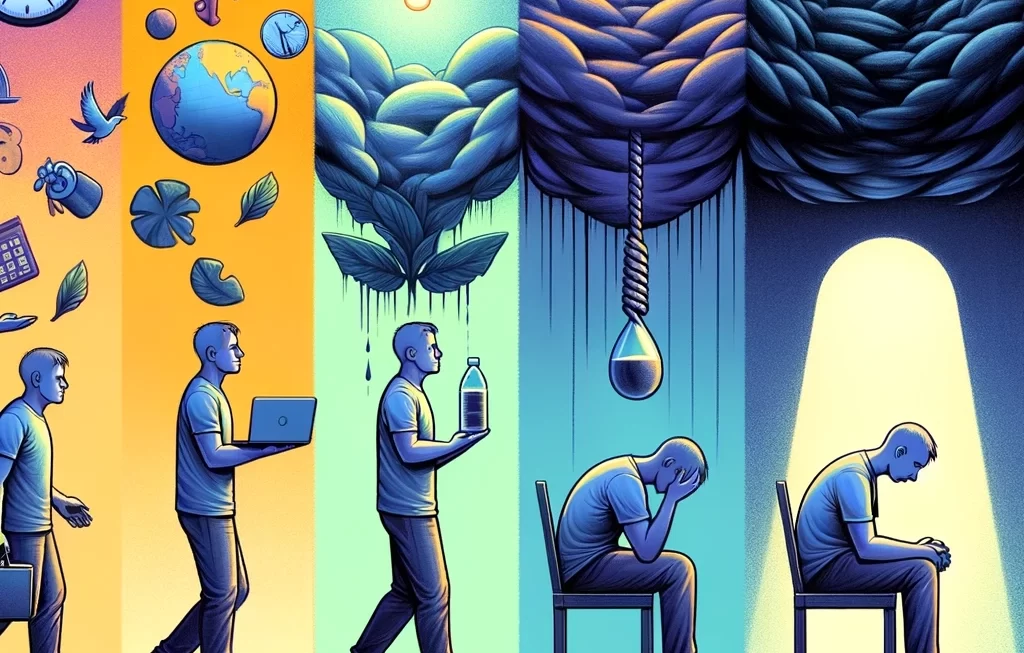In the vast expanse of human biology, hormones play a pivotal role, orchestrating a multitude of processes that span from the cradle of life to its twilight. These biochemical messengers, often unseen and unfelt, have a profound impact on our behavior, shaping the essence of who we are and how we interact with the world around us. This article delves into the intricate relationship between hormones and behavior, shedding light on the hidden mechanisms that influence our daily lives.
The Hormonal Orchestra: What and Where
Hormones are chemical substances produced by various glands in the endocrine system, including the pituitary, thyroid, adrenal glands, and the pancreas. They travel through the bloodstream, acting as messengers that communicate between different parts of the body to regulate physiology and behavior. The effects of hormones can be seen in a wide array of bodily functions, from growth and metabolism to mood and reproductive behaviors.
The Why: Hormones Influencing Behavior
The link between hormones and behavior is both complex and fascinating. Hormones can affect behavior in several ways:
- Mood and Emotions: Neurotransmitters such as serotonin and dopamine are influenced by hormones like estrogen and testosterone, affecting our mood and emotional state.
- Stress Response: The adrenal glands secrete cortisol during stress, altering our behavior in response to perceived threats.
- Reproductive Behaviors: Hormones such as oxytocin and vasopressin play crucial roles in bonding, mating, and parental behaviors.
- Appetite and Eating Behaviors: Ghrelin and leptin, produced by the stomach and fat cells respectively, regulate hunger and satiety signals, influencing our eating behaviors.
When and Where: Hormones in Action
Hormonal effects on behavior are not static; they fluctuate based on various factors such as age, sex, and environmental stresses. For instance, puberty is a time of significant hormonal changes that influence mood and behavior. Similarly, hormonal fluctuations during menstrual cycles can affect women’s emotional and physical well-being.
How: The Mechanism Behind the Influence
The mechanism of how hormones affect behavior involves their interaction with the brain. Hormones bind to specific receptors in the brain, initiating a cascade of cellular responses that influence neural activity and, consequently, behavior. This interaction is crucial for the development of gender-specific behaviors, stress responses, and even the formation of memories.
The dance between hormones and behavior is a testament to the intricate design of the human body. Understanding this relationship not only offers insights into the biological underpinnings of our actions and emotions but also holds the key to addressing various psychological and physical health issues. By exploring the depths of this connection, we can unlock new avenues for therapy and wellness, ultimately leading to a better understanding of ourselves and the complexities of human behavior.
FAQ’s
- Q: Can hormone imbalances affect mental health? A: Yes, imbalances in hormones can significantly impact mental health, leading to conditions like depression, anxiety, and mood disorders.
- Q: How can one manage hormonal imbalances? A: Management includes a healthy lifestyle, medical intervention (when necessary), and in some cases, hormone replacement therapy, under the guidance of a healthcare professional.
- Q: Are hormonal effects on behavior the same for everyone? A: No, the effects can vary significantly between individuals due to genetic, environmental, and physiological differences.
Further Reading
- “The Endocrine System in Sports and Exercise” by William J. Kraemer and Alan D. Rogol
- “Hormones, Brain, and Behavior” series, edited by Donald W. Pfaff and Arthur P. Arnold
- Endocrine Society




